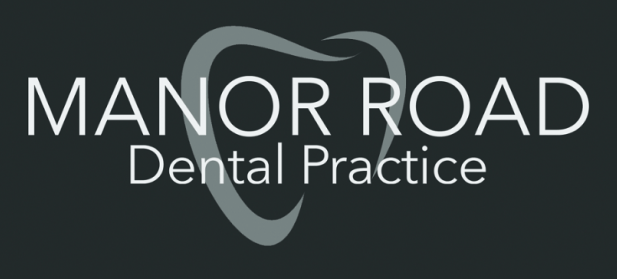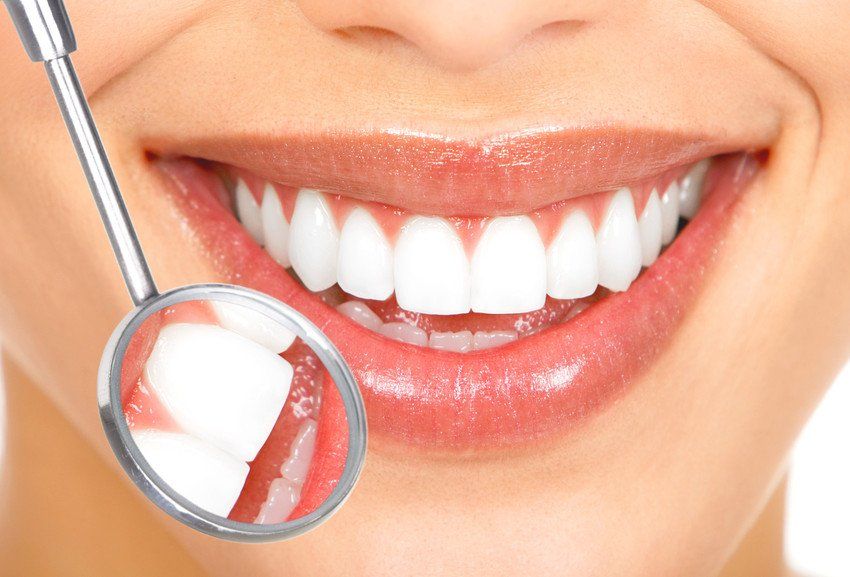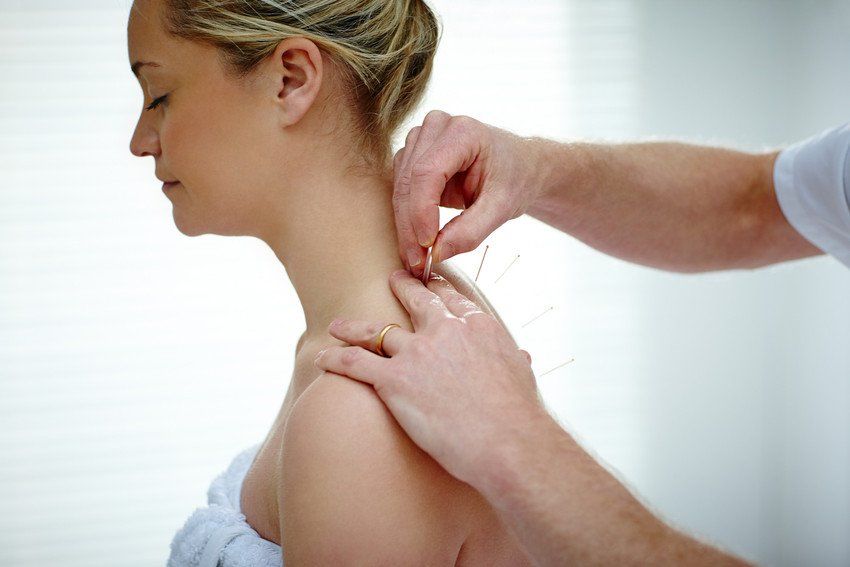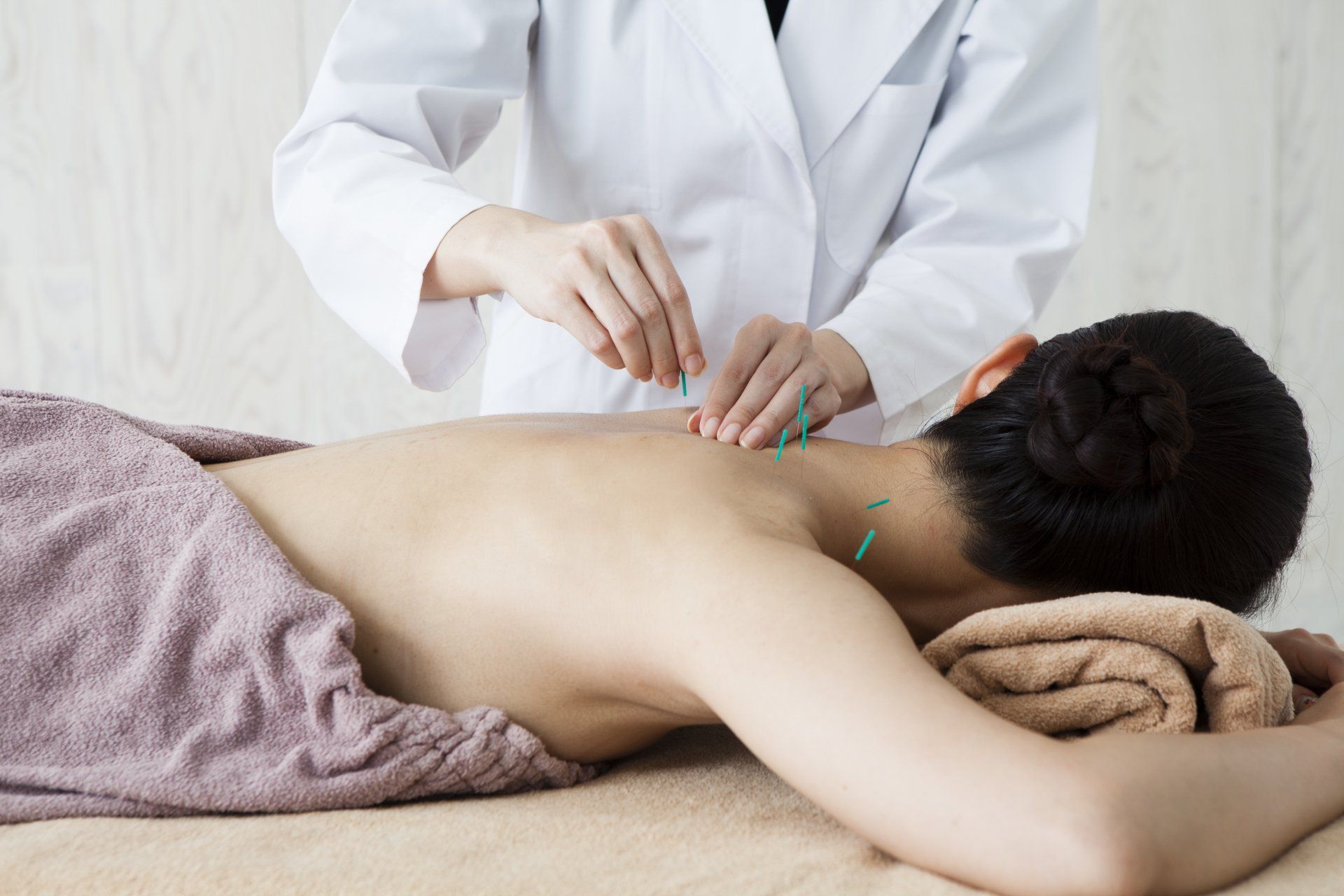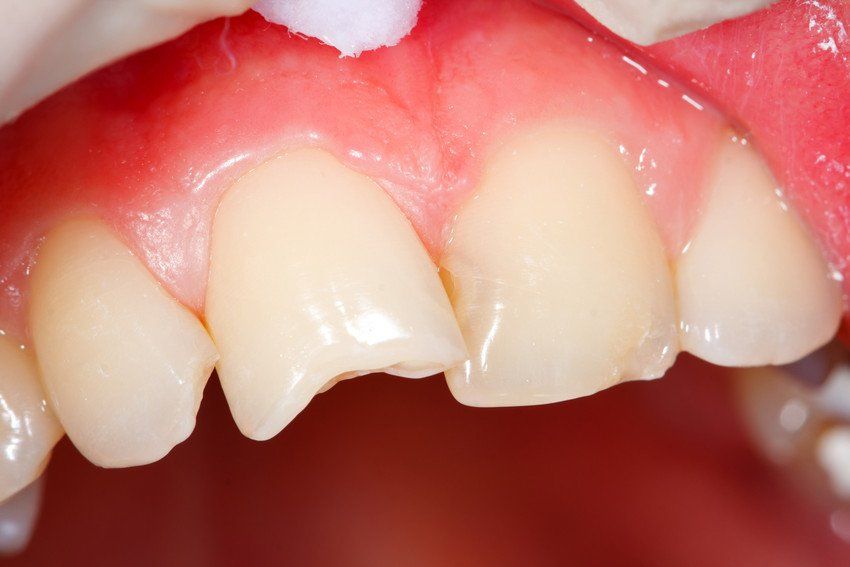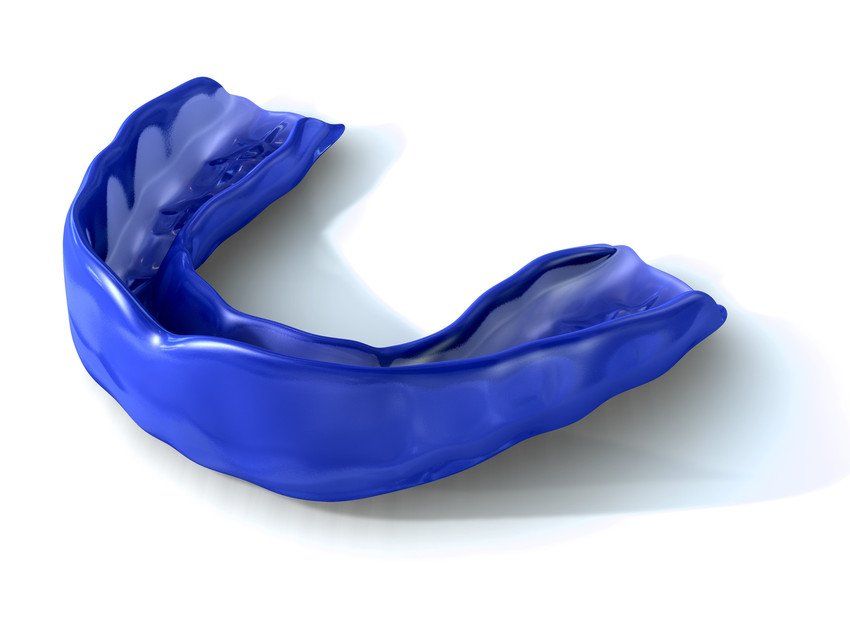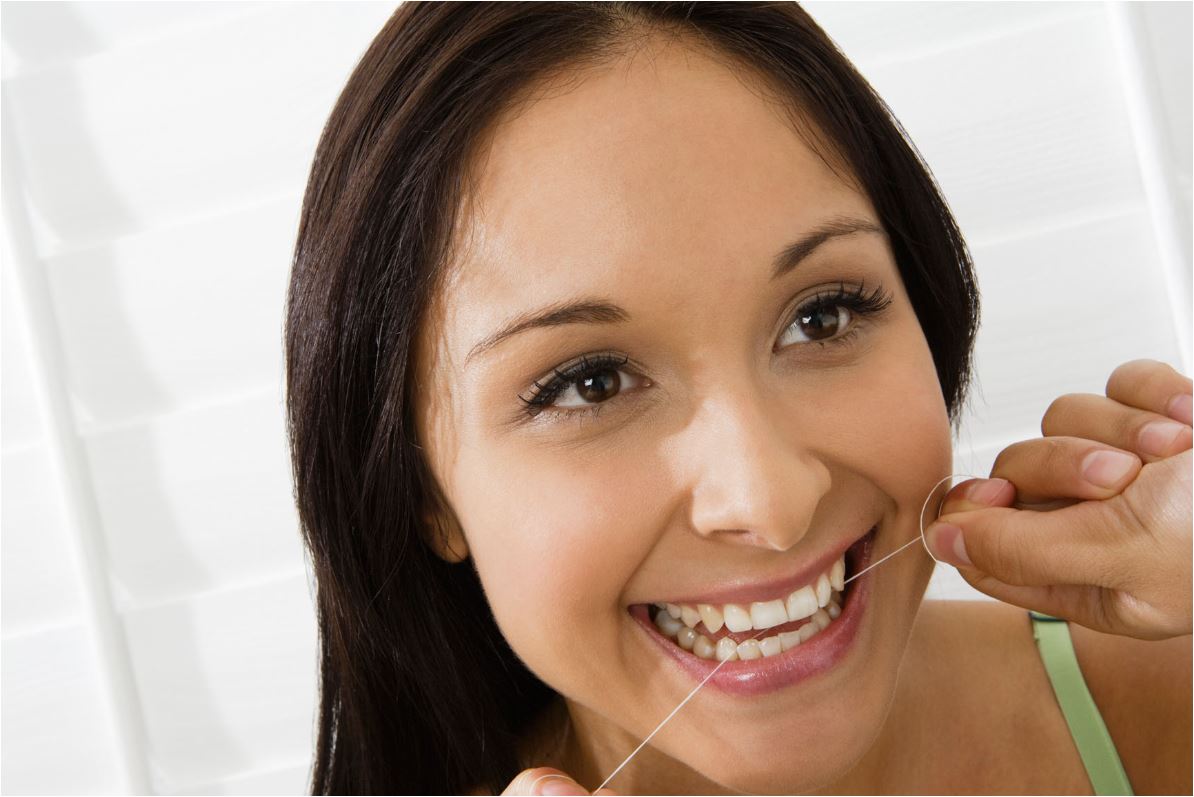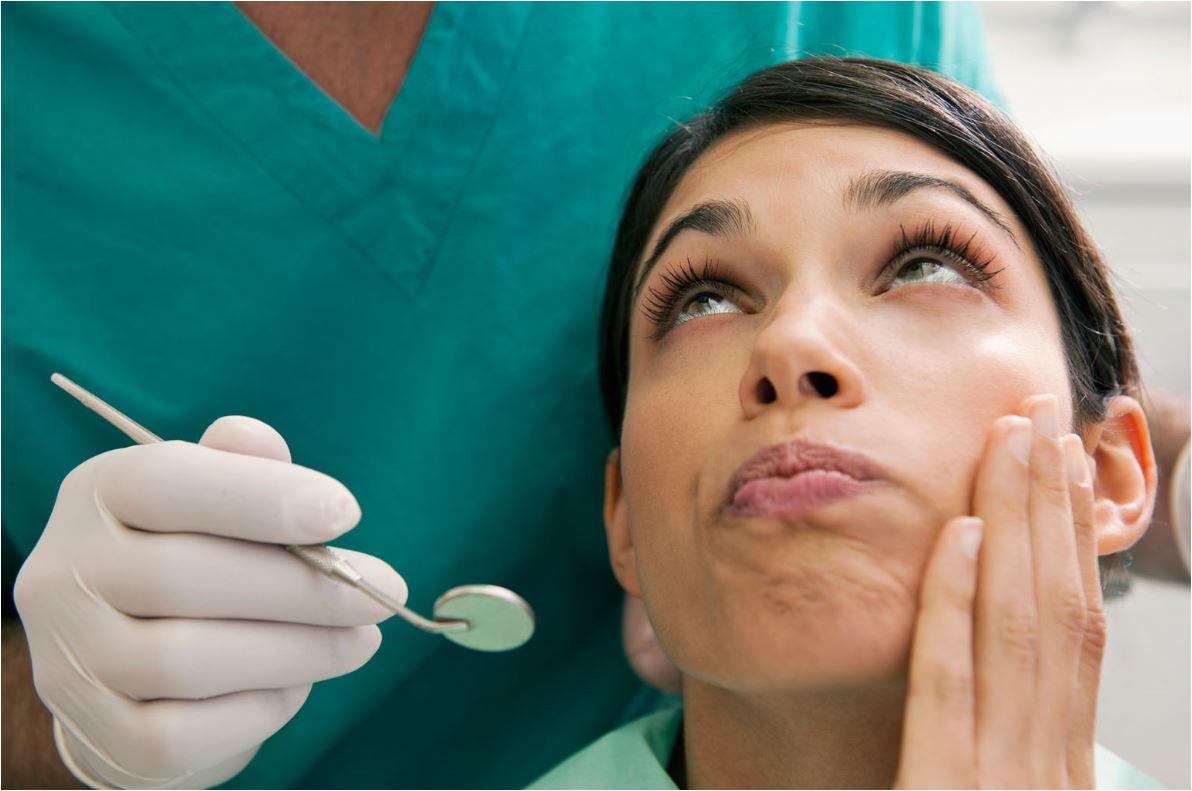A Dentist’s Guide to Teeth Whitening
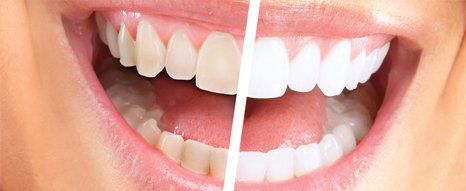
Realising that your teeth aren’t as pearly white as they once were is a common experience - teeth whitening is one of the most popular cosmetic dental procedures in the world, having boomed in recent years.
If you’re considering teeth whitening yourself, there are many things to think about. For example, whether you want an over-the-counter or professional treatment, how quickly you want results, the cause of discolouration, or even whether a lifestyle change may suffice. Having so many options can be confusing, so we’re here to explain the basics and provide trustworthy, professional guidance to help you make the right choice.
What causes tooth discolouration?
There are countless reasons for tooth discolouration. Our top tip will always be to discuss any concerns with your dentist, as they are best placed to give you personalised, expert advice and help you form a treatment plan tailored to your specific needs. We’re more than happy to help you make the best choice here at Manor Road Dental Practice - have a look at our cosmetic services to find out more!
In the meantime, we know it’s natural to want answers when you have a dental concern, so here are some of the most common causes of tooth discolouration:
●Poor dental hygiene
●Certain foods and drinks (e.g. coffee, tea, red wine, cola, blackcurrant, some starchy foods)
●Aging
●Smoking
●Medical treatments, such as chemotherapy or certain antibiotics
●Pregnancy
●Fluorosis, from excessive fluoride exposure
●Trauma to the mouth, particularly during tooth formation
What treatments are available?
As the name suggests, teeth whitening is simply the process of making the natural tooth colour lighter and brighter without removing any of the tooth surface. There are many methods of teeth whitening available, both over-the-counter and at dental practices. Remember to ensure the practitioner has all the necessary qualifications and is practicing legally before undergoing any procedure - sticking to dental practices is your safest bet.
Traditional bleaching and laser whitening are the most common professional treatments. Traditional bleaching usually involves applying bleaching gel, used alongside a custom-made mouthguard, over 2 to 4 weeks. This will often require both professional and at-home application. Laser whitening, alternatively, involves painting a bleaching product onto the teeth and using a light or laser to activate the whitening agent. It is quicker than traditional bleaching and is carried out entirely by your dentist. You may also want to consider veneers, especially if you have other cosmetic dental concerns such as unevenness, gaps, or chips. This treatment involves placing thin layers of porcelain shell on the front of the tooth, meaning it can mask discolouration while also correcting other dental issues.
The temptation to choose an over-the-counter treatment is understandable - it’s often cheaper and more convenient, after all - but you should be aware of concerns about the effectiveness and safety of these methods before trying them. Over-the-counter whitening products may potentially make teeth weaker, more sensitive, or more prone to abrasion even when applied as directed. Professional treatments are a worthwhile investment by comparison - dental practitioners will always put your safety first, and the guaranteed results are certainly worth a few extra pounds. Once again, our advice is to consult your dentist before any whitening treatment and ensure that the products you use are dentist-approved - trust us, we’re experts for a reason!
The team at Manor Road Dental Practice are always here to help you get your smile back! To find out more about our cosmetic services, or one of the many others we provide, visit our website or give us a call on 01792 65826.

